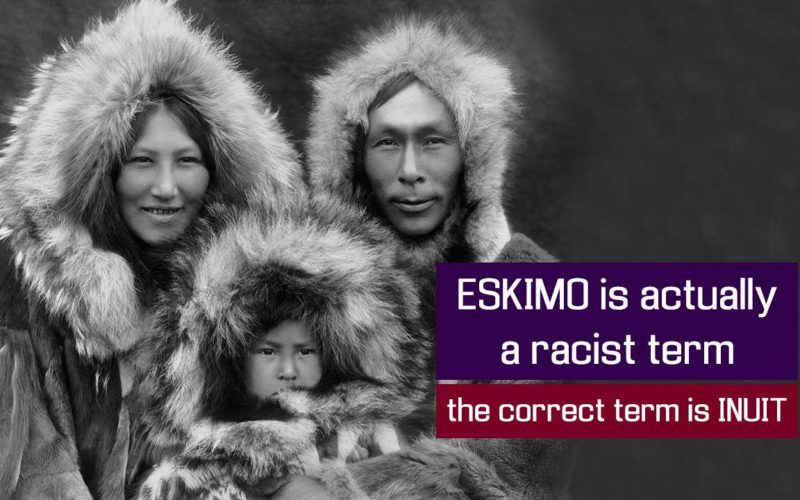



Meaning: a group of people who criticize or heckle someone about insignificant things What to say instead: betrayed, thrown under the bus 4. It’s a reference to slaves being literally sold down the river (the Mississippi or the Ohio rivers, specifically) from a slave-trading marketplace to another shore, where they would then be transported to a plantation. Origin: As far as racist words and phrases go, this one is pretty obvious when you think about it. Over time, it came to be used to describe anyone acting outside of what is expected, particularly in political situations. The phrase “off the reservation” was used in government correspondence to report on whether Native Americans were complying with orders to stay within their designated living areas. Origin: In the 1800s, the federal government forcibly removed Native Americans from their land and sent them to live in designated reservations. Meaning: to deviate from what is expected or customary What to say instead: ripped off, cheated 2. A stereotype arose that the Roma were thieves, which led to the use of the term “gypped.” They’ve faced a lot of persecution and discrimination throughout history, including baseless accusations of theft and child abduction. The Roma originated in northern India and migrated around the world, particularly in Europe, over the course of the last 1,500 years. Origin: “Gypped” (sometimes spelled “jipped”) comes from the word “Gypsy,” which is a derogatory name for the Romani people (also known as the Roma). For each entry, we’ve included alternative words or phrases you can swap them out with. This list comprises a handful of historically racist words and phrases with sinister origins, but we found these to be some of the most commonly used, and in some cases most surprising, examples. Fortunately, that makes it pretty easy to swap out the word or phrase you’ve been saying for a more innocuous one. While English certainly has its fair share of racist words and phrases, it also has a baffling number of synonyms and alternative ways of saying something. The harder you look, the more language you’ll find with problematic roots. It can be a jarring experience to learn a common word or phrase you’ve been using for years is actually kind of racist or sexist or homophobic.


 0 kommentar(er)
0 kommentar(er)
